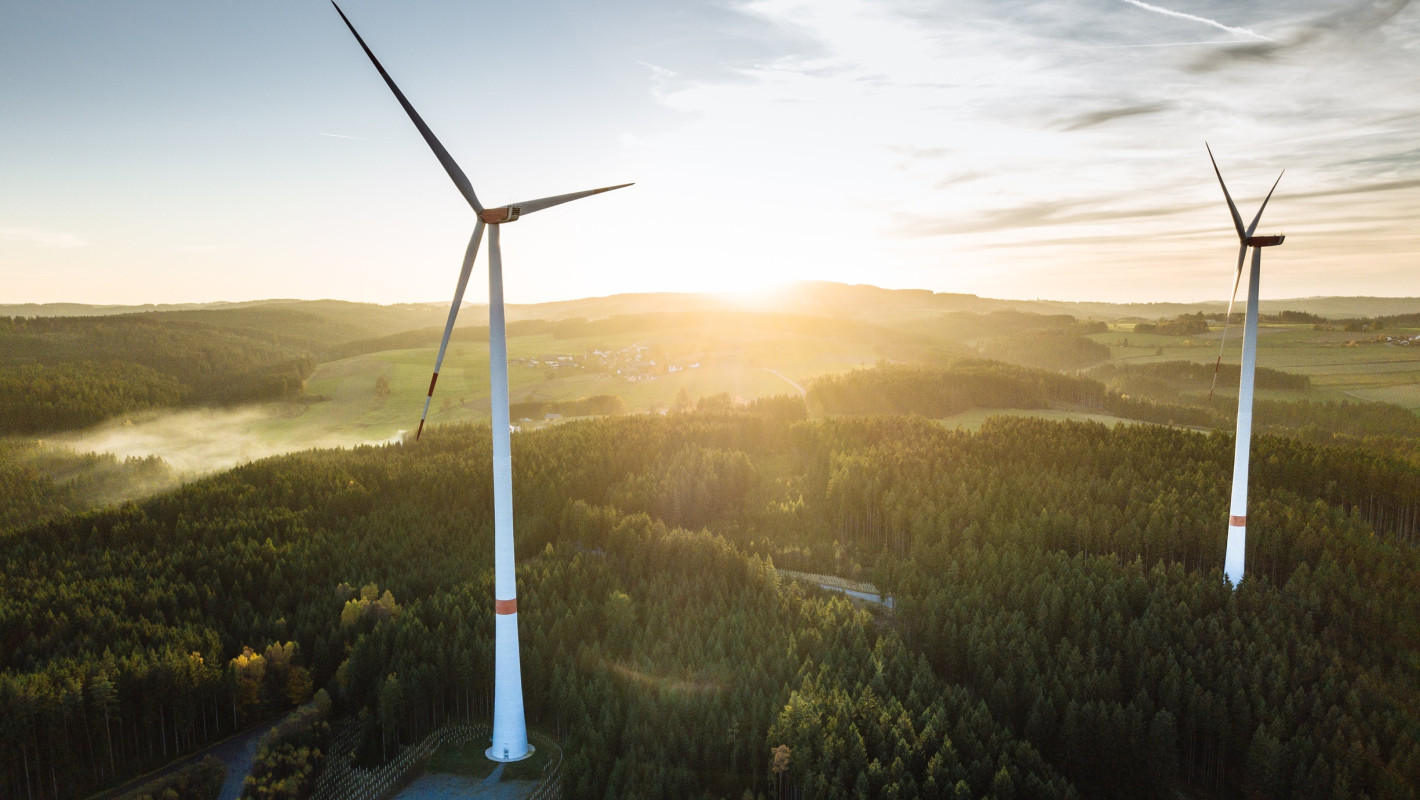Transition as a driver of economic strength
Perspectives from private banks on the path to a sustainable future

Summary
1 The green transition – State of play 2025
1.1 Changing political and societal priorities?
1.2 Stimulating investment dynamics with genuine structural reforms
1.3 ESG-regulation – between ambition and relief
1.4 Climate crisis and loss of nature require decisive action
2 The transition – as economically beneficial as it is necessary
2.1 If you delay, you pay – the costs of waiting or procrastinating
2.2 Sustainability will pay for itself in market opportunities and competitive advantages
2.3 Risk management, resilience and security – further dimensions of the transition
3 The role of banks in the transition towards sustainability
3.1 Financing what will sustain us tomorrow: Banks as financiers
3.2 Bank-wide ESG integration
3.3 Banks as sparring partners in their clients‘ transition
4 Policy recommendations for accelerating the transition
5 Integrated sustainability in banks
5.1 Case studies from members banks
5.2 Background to the survey among private banks
6 References
The news is full of reports about crises: geopolitical tensions, weak economic growth, tariffs and trade disputes. Against this backdrop, the sustainable transition of the economy may seem like a very costly project, which appears secondary compared to the acute challenges involved.
Banks, however, see the transition to a sustainable economy as something completely different – it is an opportunity to achieve economic stability, independence and a sustainable future. It will secure the livelihoods of this and future generations.
The transition pays off –ecologically and economically
- Avoiding costs: Early investment reduces the damage from climate events and loss of nature, and lowers adoption costs.
- Seizing opportunities: Innovations in energy, mobility, the circular economy and digitalisation create new markets and strengthen competitiveness. Modernising existing assets creates efficiencies and cost benefits.
- Reducing risks – strengthening resilience and sovereignty: The transition will minimise risks and make our economy less dependent on fossil imports and more robust against global crises.
Banks are part of the solution
Private banks are already partners in the sustainable transition: They finance investment in future technologies and modernisation, integrate ESG factors into strategic management and risk management and provide advice for businesses and private customers on making sustainable decisions. A recent survey and case studies show: banks remain committed to their sustainability targets - and are making sustainability an integral element of their strategies, products and governance.
Harnessing the opportunities of the transition requires:
- Policymakers and business leaders to convey a positive vision of the future shaped by the transition.
- Reliable, practical framework conditions based on clear climate pathways, and targeted measures and investment incentives.
- An effective price signal for CO2 and the phase-out of subsidies that are harmful to the climate and environment.
This paper offers an impetus to view the green transition as a significant opportunity for Germany and Europe as business locations. In order to achieve this, there needs to be joint commitment from policymakers, businesses and financial institutions to actively and constructively shape this change.
Position on transition for sustainable future

Contact
Claudia Kister
Sustainable Finance


